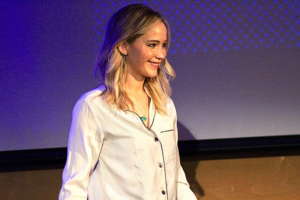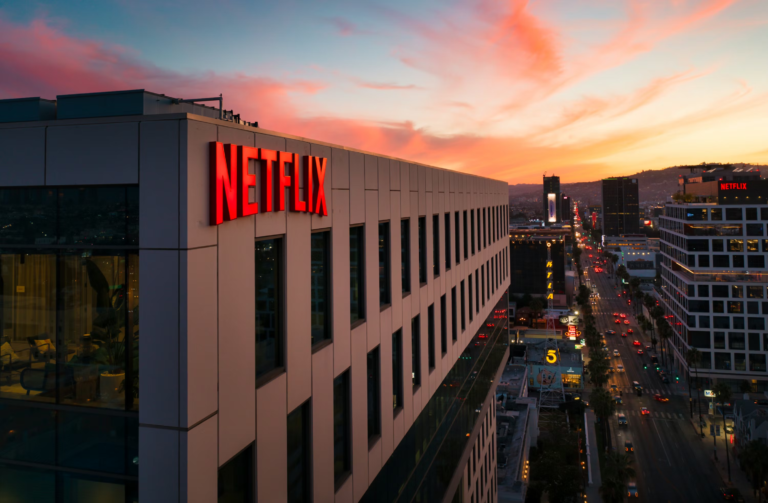In a bid to economize on energy and money, Morrisons is doing something a bit different. The UK’s favorite supermarket chain is conducting experiments with its freezers by increasing the temperature by 3°C. This will mean the running of freezers at –15°C as opposed to the usual –18°C, which incidentally has been the benchmark temperature for freezers almost for a century.

This trial will be carried out in 10 Morrisons stores situated all over the UK, from Scotland down to the south of England. It is aimed at understanding how this change works in different weather conditions and supply routes. If things go well in the trial, then Morrisons has planned to implement this change in more stores.
Not alone is Morrisons trying to do this. The supermarket chain is part of the Move to Minus 15°C Coalition, which also includes other heavyweights like Birds Eye—the famous frozen food brand—and logistics companies such as DP World and Blue Water. Even the seller of bacon, Danish Crown, is on board. They all believe that raising freezer temperatures can make a big difference.
This is supported by a report from the Cop28 climate crisis conference last year, which had researchers from the University of Birmingham and Heriot-Watt University look at how much energy could be saved if freezer temperatures were raised by just 3°C across global supply chains. It is estimated to save as much energy as used by 8.6 per cent of the UK, reducing carbon emissions by as much as taking 3.8 million cars off the road.
Over 18 months, Nomad Foods worked with Campden BRI—a group working on food science and technology—to prove that running the freezers at –15°C instead of –18°C cut energy use by up to 10–11%. And most importantly, it did not affect the safety, texture, taste, or nutritional value of the foods.
The firm has had a tough time in the grocery market since it was taken over in a debt-heavy deal nearly three years ago. It is thus banking on house savings from reduced energy costs to sustain low shopper prices. In addition, Morrisons is aiming to achieve net-zero carbon emissions from operations by 2035, and such change could help take it closer to that aspiration.
Ruth McDonald, corporate services director at Morrisons, explained the reason for making this change. “The standard temperature for the storage and transport of frozen food today looks like it is simply a convention from nearly 100 years ago. We now have vastly better freezers and modern technology and monitoring that gives us a precise picture of frozen food temperatures throughout the supply chain.”

Raising freezer temperatures may sound like a pretty simple solution, but there are huge potential benefits involved. One of these is that it can save a lot of energy. Freezers are huge consumers of electricity to keep food at such extreme temperatures. By raising the temperature just a bit, freezers do not work as hard and save electricity in the process.
Another added advantage is cost savings. Electricity is expensive and, obviously, if less is used, then Morrisons will save a lot. These savings can be passed on to shoppers in the form of price reduction. This is especially vital for Morrisons when it is trying to compete against other forces in the field and fight for more shoppers.
Another reason to reduce energy use: it saves the environment. Less electricity means less demand on power plants; most of them burn fossil fuels and give off a lot of carbon dioxide into the atmosphere. With less energy, Morrisons can use less energy and hence reduce carbon emissions, which is in the interest of the planet.
The tests in the 10 stores will be very useful in acquiring data. Morrisons will be able to notice any change in energy use, food quality, or costs for branches within different parts of the country. This will be critical information in making a decision to roll out the change to other stores.
This trial will be watched with keen interest by the Move to Minus 15°C Coalition. If it all works out well for Morrisons, then the other companies could also be influenced to act similarly. A general trend in the industry could open the way for many more supermarkets and food companies to raise their freezer temperatures and save energy and money.

Morrisons is to increase the temperature of its freezers by 3°C in a new trial. Such a small change could bring huge returns in terms of energy saved, money saved, and impact on the environment. Testing in 10 stores will yield valuable results, and if the trial is successful, it may be implemented more widely and perhaps even prompt other businesses to follow suit. Basically, it goes on to prove that sometimes the simplest of actions can make a large difference where energy saving and taking care of the environment are concerned.








